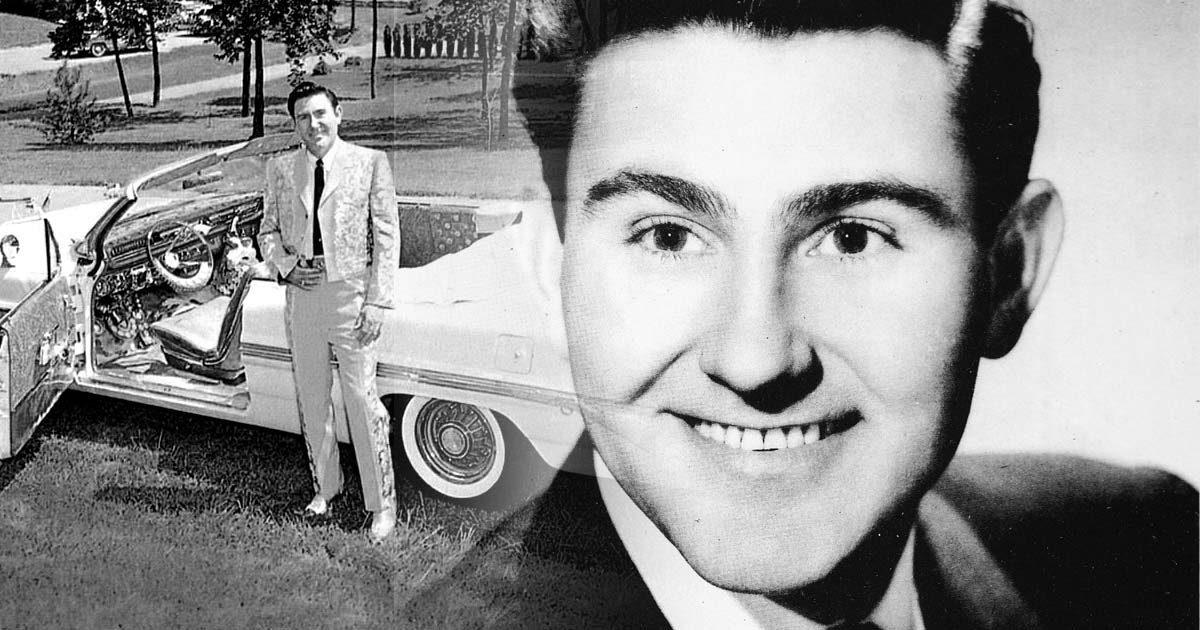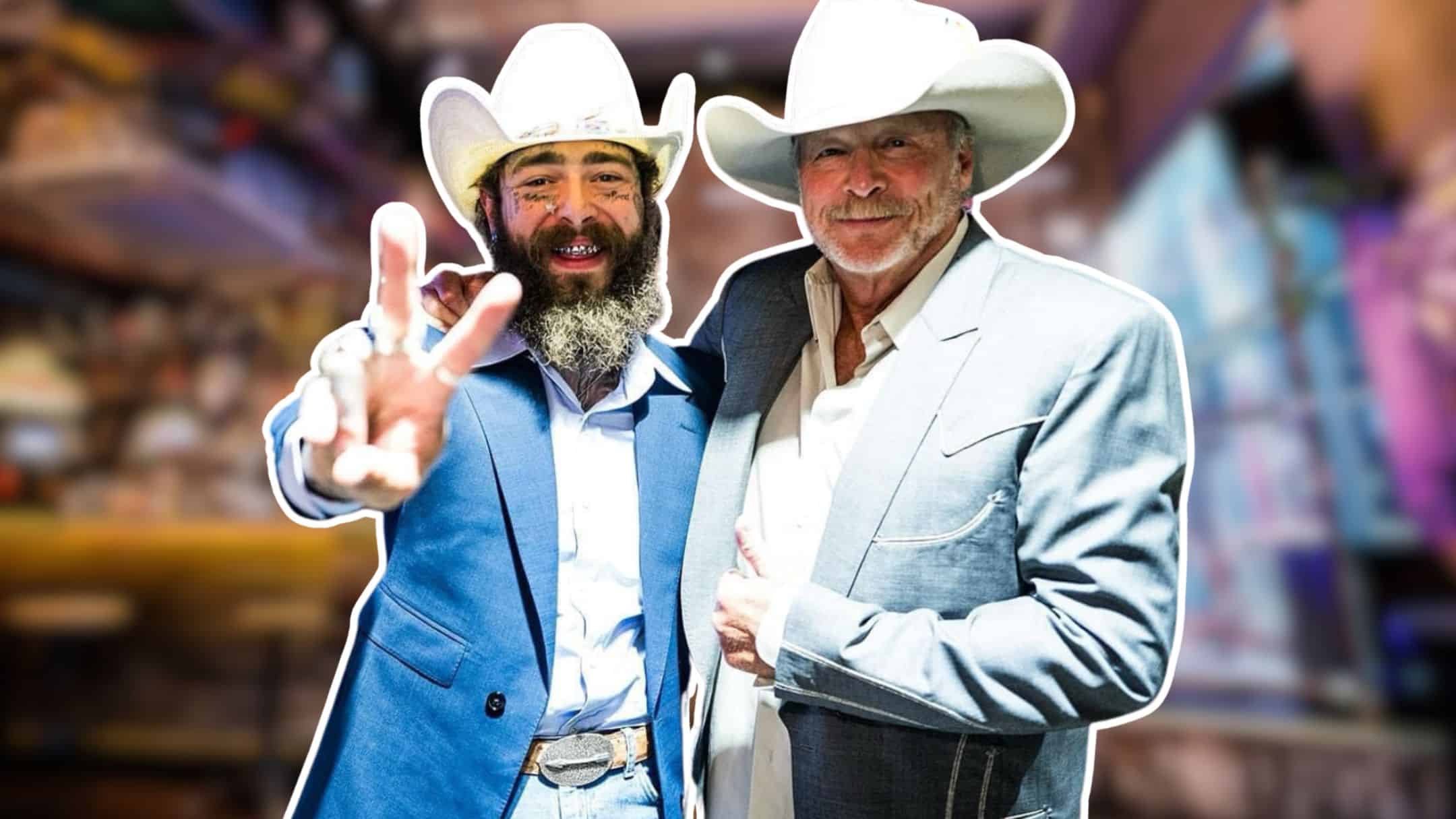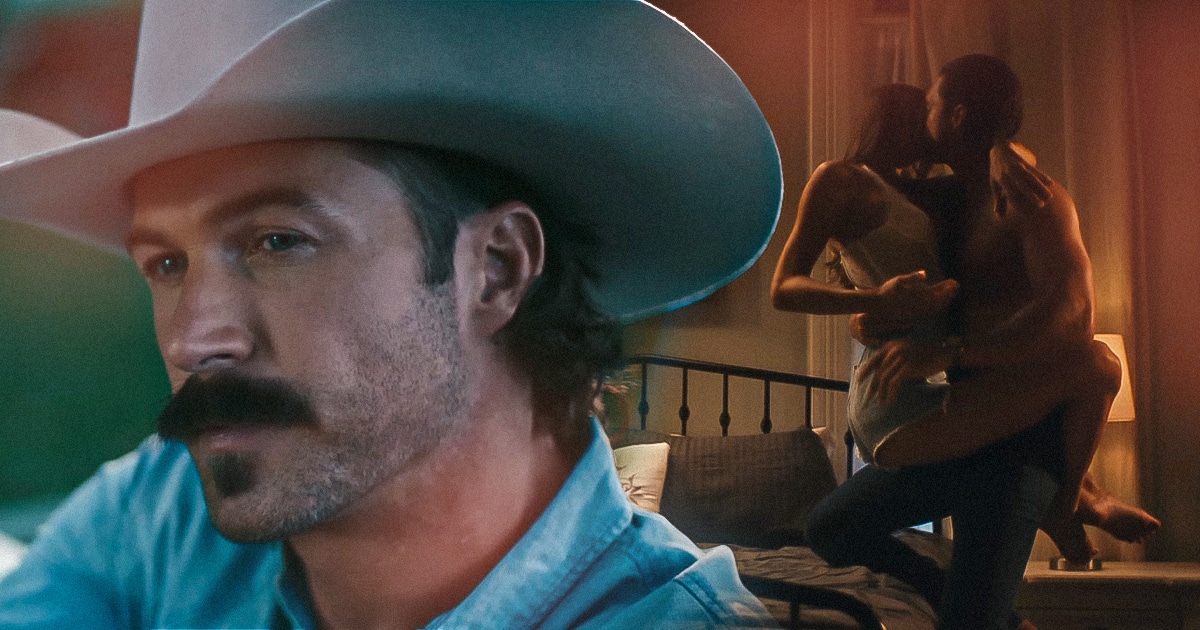Willie Nelson isn’t just a country music legend—he’s a rebel, a rule-breaker, and a pioneer who never let Nashville’s expectations define him. From his unconventional albums to genre-bending collaborations, Nelson has spent his entire career proving that country music is at its best when it isn’t boxed in. Whether challenging industry norms or fighting for causes bigger than music, he has consistently defied expectations and blazed his own trail. Here are five times Willie Nelson proved he was in a league of his own.
1. Betting on Himself with Red Headed Stranger
By the mid-1970s, Willie Nelson had already spent years in Nashville as a songwriter, penning hits for others while struggling to find his own breakthrough. But everything changed when he moved to Texas and took full creative control of his music. His 1975 album Red Headed Stranger wasn’t just a hit—it was a revolution.
A stripped-down concept album with sparse instrumentation, Red Headed Stranger was unlike anything coming out of Music Row at the time. Columbia Records nearly refused to release it, fearing it was too raw and unpolished to sell. But Nelson stuck to his guns, and the gamble paid off. The album became a massive success, proving that storytelling and authenticity mattered more than glossy production. With hits like Blue Eyes Crying in the Rain, the album launched Nelson into superstardom. It became a cornerstone of the outlaw country movement.
2. Leading the Outlaw Country Movement
In the early ’70s, mainstream country music was dominated by the smooth, polished Nashville sound—string sections, overproduced tracks, and radio-friendly formulas. Willie Nelson wanted no part of it. Alongside outlaws like Waylon Jennings and Kris Kristofferson, he spearheaded a movement that rejected Nashville’s rigid structure in favor of a grittier, more independent approach.
Outlaw country was about more than just music; it was a mindset. Nelson grew his hair long, embraced a more free-spirited lifestyle, and let his music reflect real-life struggles and emotions. He proved that country music could be rebellious, soulful, and deeply personal—all while maintaining mass appeal. This shift changed the genre’s direction and influenced countless artists who came after him.
3. Founding Farm Aid and Using His Fame for Good
Willie Nelson isn’t just an outlaw in music—he’s also a champion for causes close to his heart. In 1985, when few celebrities were using their platforms for activism, Nelson co-founded Farm Aid alongside John Mellencamp and Neil Young.
The goal? To raise awareness and support for American family farmers struggling to survive against big agriculture and economic hardships. The first Farm Aid concert raised millions, and the festival has been going strong ever since. Nelson’s willingness to bring together artists from all genres—folk, rock, country, and beyond—made it unique, proving that music is a unifying force.
Farm Aid wasn’t just a concert series; it was a movement that reshaped how people viewed the intersection of country music and activism. Decades later, Nelson remains at the heart of the cause, showing that country music isn’t just about storytelling—it’s about standing up for the people whose stories deserve to be heard.
4. Going Against the Grain with Stardust
Willie Nelson has never been afraid to take risks, and in 1978, he made one of his boldest moves yet. Instead of releasing another outlaw country album, he recorded Stardust, an album of pop standards from the Great American Songbook. Covering songs like Georgia on My Mind and Blue Skies, Nelson stepped far outside the country music playbook.
At the time, critics were skeptical. A country artist tackling jazz and pop ballads? It seemed like a recipe for disaster. But once again, Nelson’s instincts were right. Stardust became one of his best-selling albums, eventually going multi-platinum and proving that great music transcends genre. It was yet another moment where Nelson refused to be boxed in—and came out on top.
5. Crossing Genres and Defying Labels
Long before genre-crossing collaborations became the norm, Willie Nelson was bridging the gap between country, rock, jazz, and blues. Over the years, he has recorded with everyone from Ray Charles and Julio Iglesias to Snoop Dogg and Sheryl Crow. His willingness to experiment has kept his music fresh, proving that country music isn’t about limitations but storytelling, no matter the sound.
One of his most unexpected and successful collaborations came in 1982 with To All the Girls I’ve Loved Before, a duet with Latin pop icon Julio Iglesias. The song was a global hit, introducing Nelson to new audiences and proving that a cowboy hat and a Spanish ballad could go hand in hand.
Even now, well into his 90s, Nelson continues to push boundaries. His work with artists from across the musical spectrum has cemented his legacy as a country star and one of the most versatile and influential musicians of all time.


















